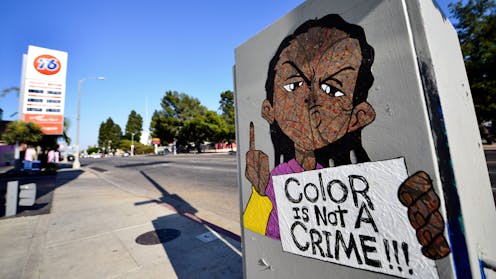

Authors: Kris Marsh, Associate Professor of Sociology, University of Maryland
Read more


